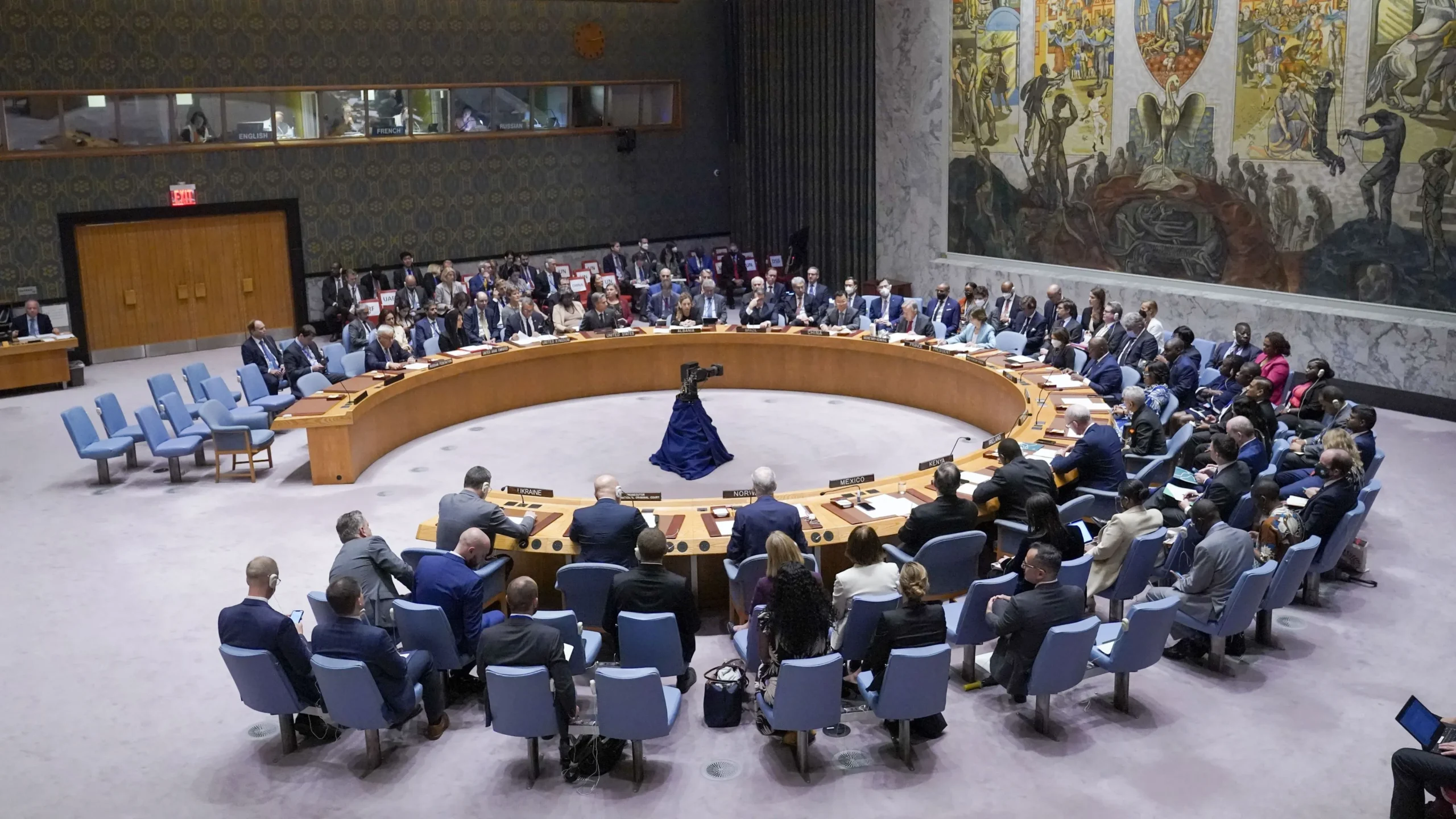
The African Union on Monday renewed its call for permanent African representation on the UN Security Council and fairer access to global financial institutions. AU Commission Chair Mahmoud Ali Youssouf urged reform during the 7th AU-EU Summit in Luanda, warning that rising conflicts and extremism are eroding international rules.
He said Africa faces political, security, and development crises while global governance bodies struggle amid fractured interests and weakened multilateralism. Youssouf argued that Africa must secure its place in decision-making as WTO rules fray and major powers block UN Security Council consensus.
He demanded a Security Council seat under the Ezulwini Consensus and insisted on more equitable roles for African nations in global financial systems. He also called for a reshaped financial architecture to lower Africa’s capital costs and unlock broader access to international funding.
Youssouf said Africa is moving beyond its historic role as a raw-materials supplier and needs balanced trade partnerships to expand its value chains. He appealed for European investment in mineral processing and the removal of tariff and non-tariff barriers limiting African exports.
He said stronger multilateralism built on equality and mutual respect is essential to address shared global challenges. UN Secretary-General Antonio Guterres warned that the world is shifting into a new multipolar era that risks deepening global divisions.
He said only inclusive networks in trade, finance, and political cooperation can prevent the emergence of rival blocs. Guterres noted that Europe and Africa could anchor a fairer system correcting “historic injustices” in global decision-making.
He called for robust multilateral institutions, citing the 2024 Pact for the Future and Security Council reform as vital steps toward global stability. European Commission President Ursula von der Leyen urged deeper Africa-EU economic cooperation to create jobs, strengthen industries, and expand clean-energy access.
She said Europe supports renewable-energy projects, local manufacturing, and the African Continental Free Trade Area to ensure a “just transition made in Africa.”
